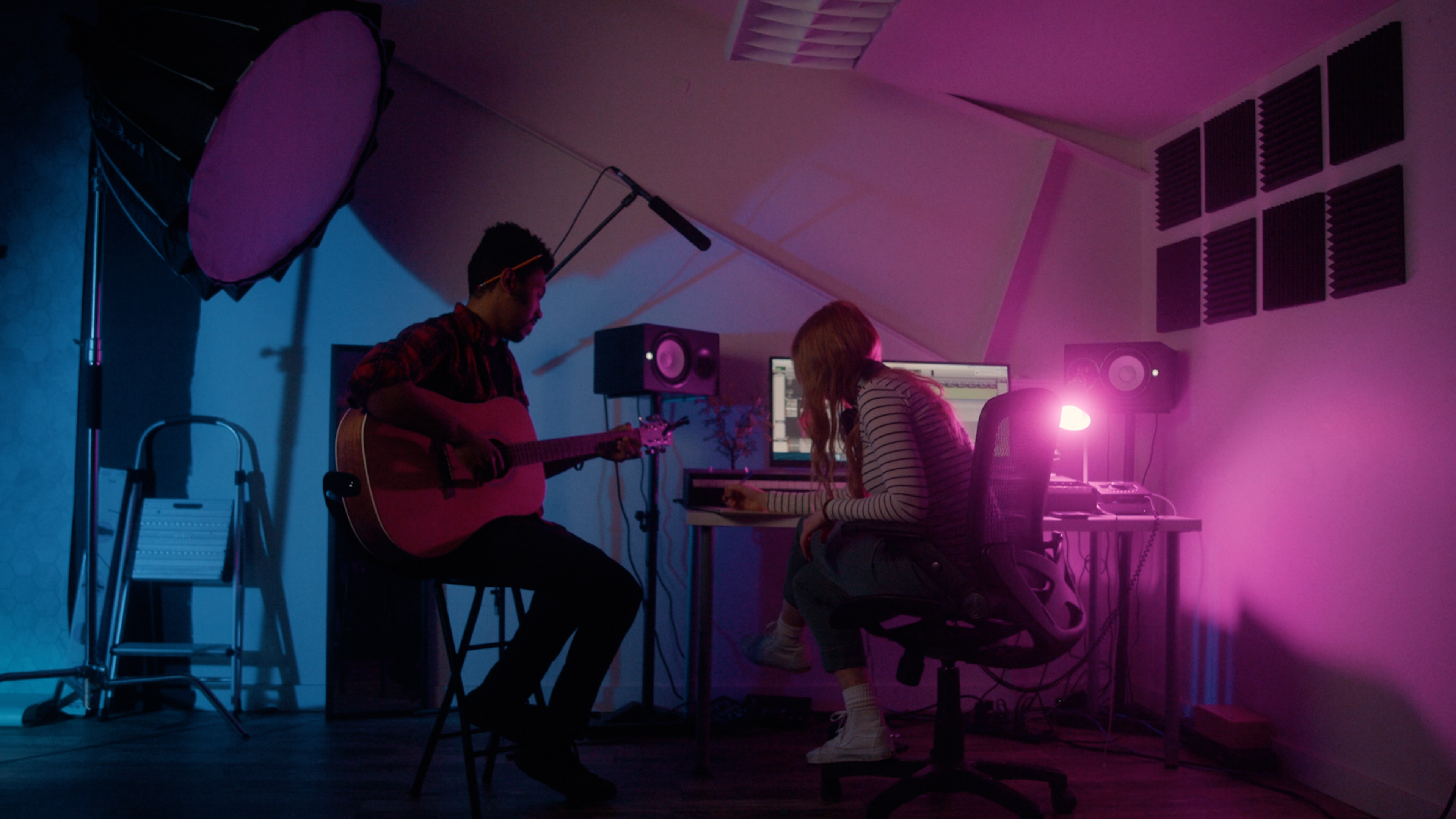
4 Things To Know When Hiring A Composer
I’ve had the unique dual experience of being both a filmmaker and composer. And I’ve used this knowledge to develop these tips.
Continue ReadingBy Kevin Graham
If you’re making a video or podcast, the odds are strong that you’ll need background music. And there are basically two ways to get that music: either hiring a composer, or licensing pre-existing stock music from a stock website like Filmpac.
Today, we’ll outline the pros and cons of each.
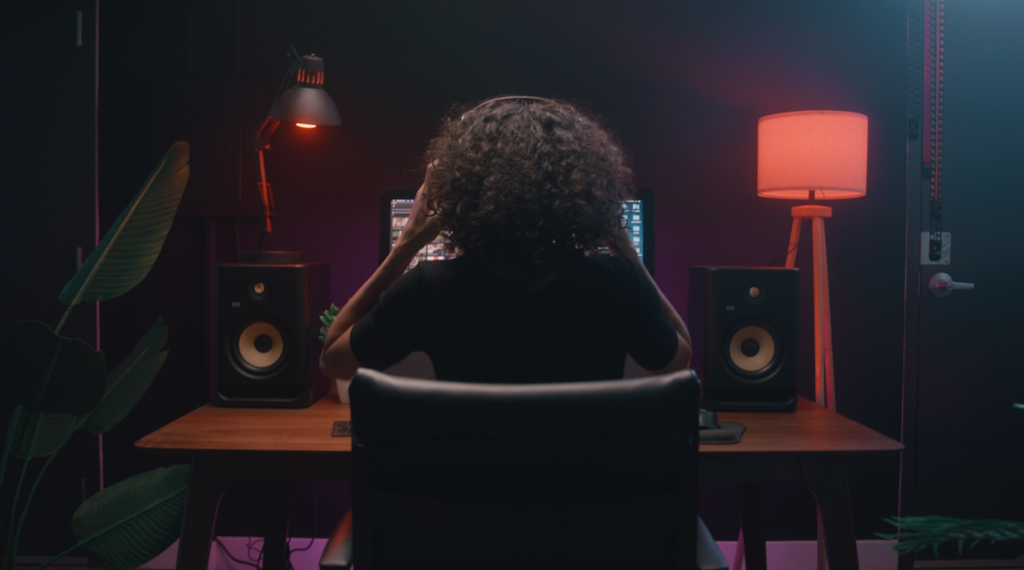
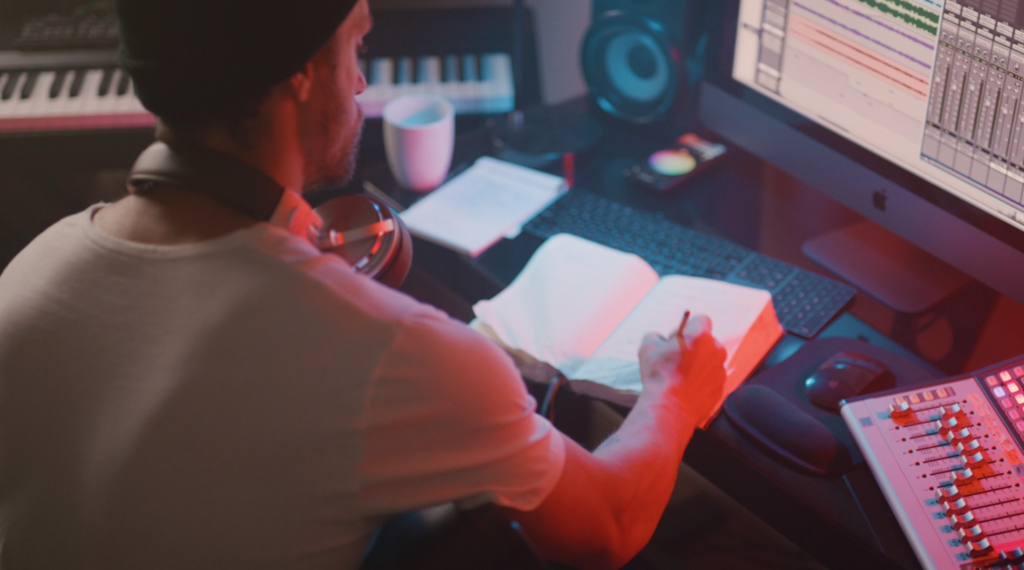
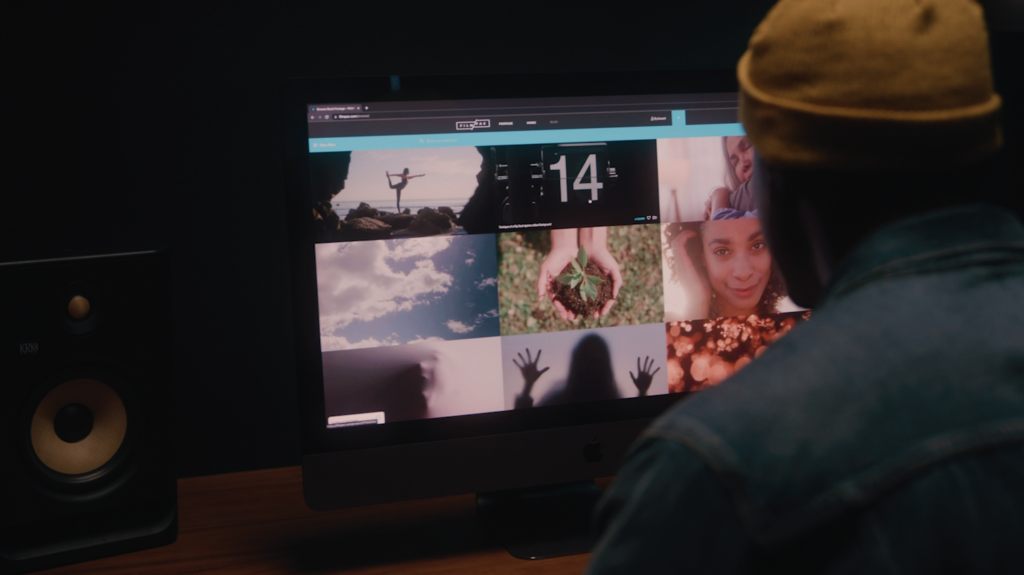
Pros:
– cinematic, uplifting music that perfectly matches your video
– high production value
Cons:
– more expensive
– time-consuming
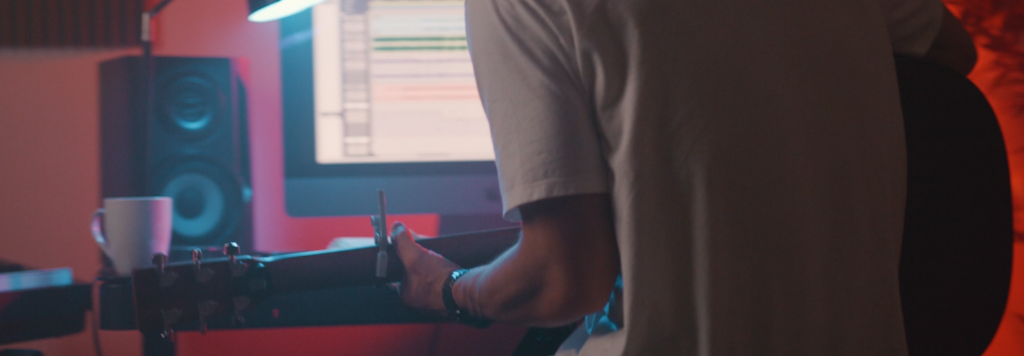
If you need music that perfectly matches the ebb and flow of your video, you may want to explore hiring a composer. They’ll be able to create a score based on any notes and references you send them, and that score will probably match your video much better than a piece of stock music.
Custom music is the most common in high production-value projects such as films and major ad campaigns. In general, it’s going to cost you a lot more to hire a composer than it would to license stock music, but composers’ prices vary based on their experience and skill level. So if you don’t have a ton of money available for music attribution, you may be able to find someone willing to work with your budget, especially if you just need a short, simple track.

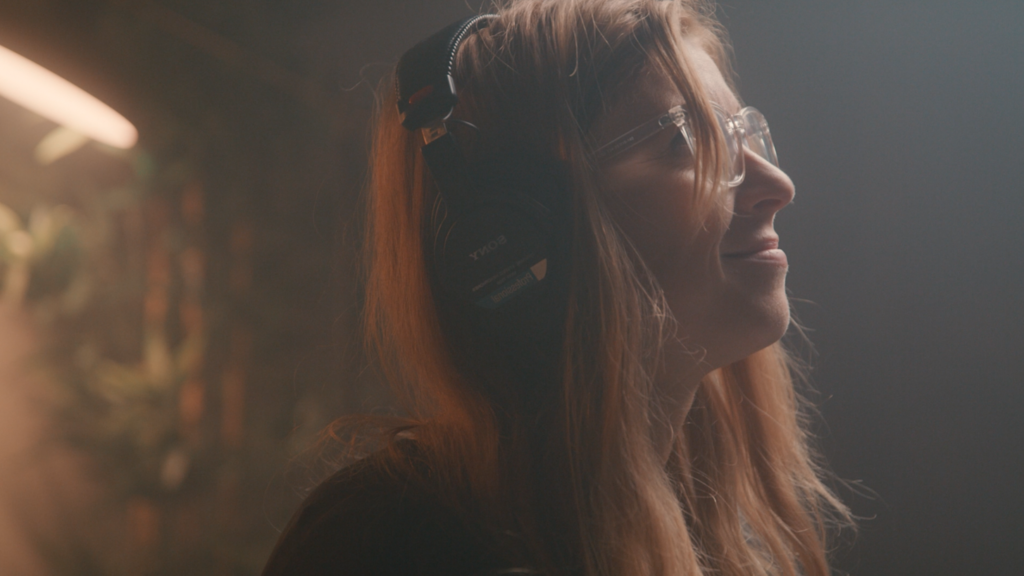
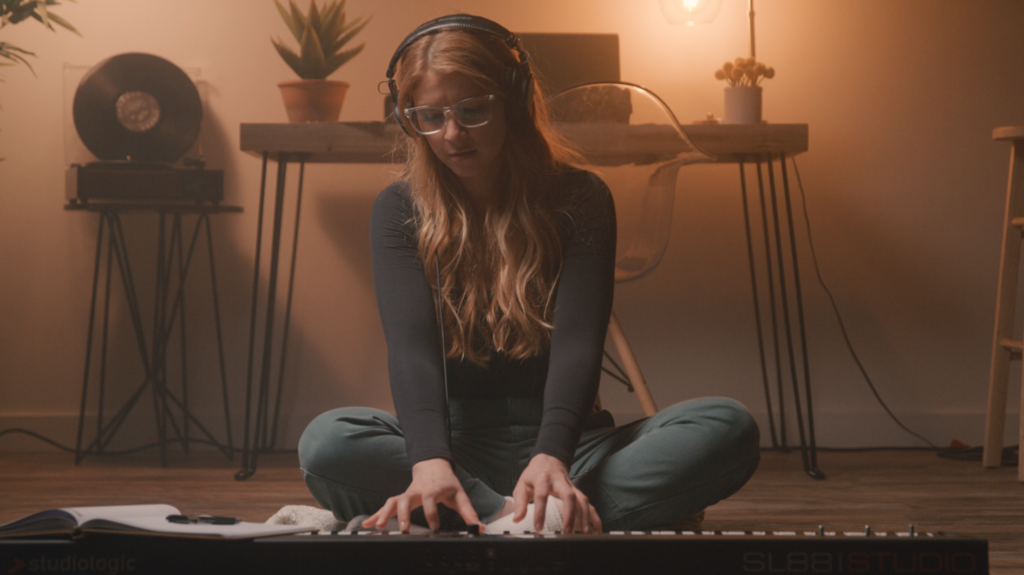
Besides money, the other main consideration when hiring a composer is time. Commissioning a custom score takes a lot more time than licensing a song, especially if there are lots of revisions. So if you’re on a tight deadline, this may not be the way to go.
There are lots of composers out there these days, and the internet makes it easier than ever to get connected with a good one.
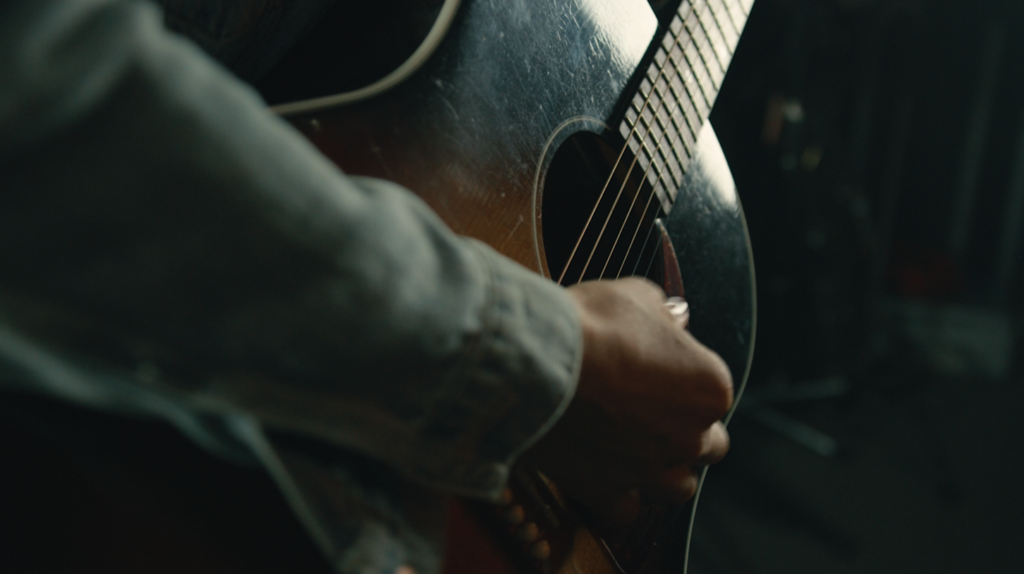
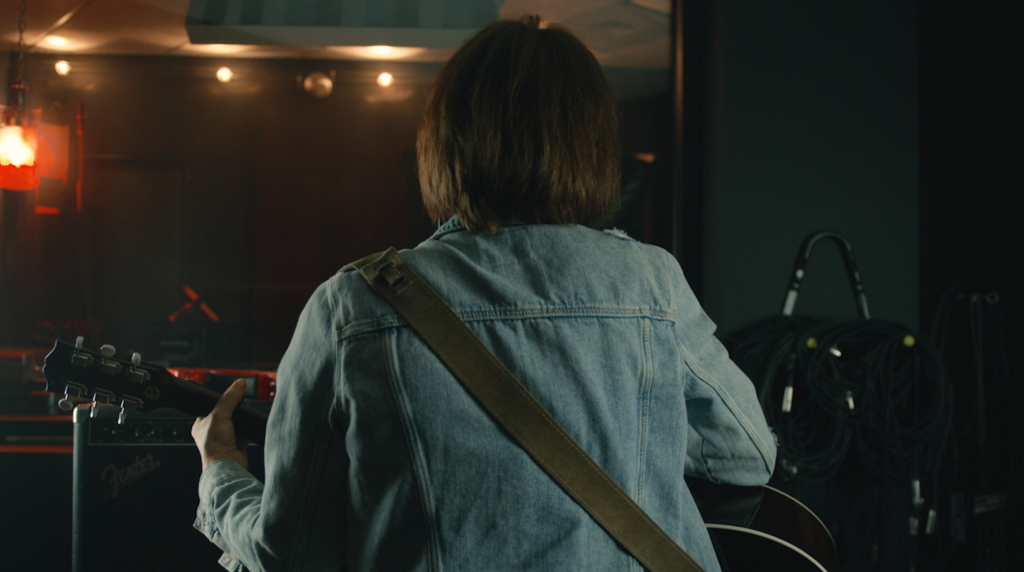
Pros:
– generally less expensive
– fast and easy
– gives you something to edit to
Cons:
– less customized
– inconsistent quality

If you don’t have the budget or time for a custom score, licensing stock music for your visuals is the way to go. There are millions of stock music tracks in every genre imaginable, with more being created every day by composers and indie writers.
When you license one of these existing tracks or sound effects, you’ll usually pay a one-time fee (or no fee if you have some sort of membership), and then be free to use that track in your project indefinitely, whether its being distributed on social media apps, commercial use, corporate videos, political ads, radio advertising, real estate videos, slideshows, or elsewhere
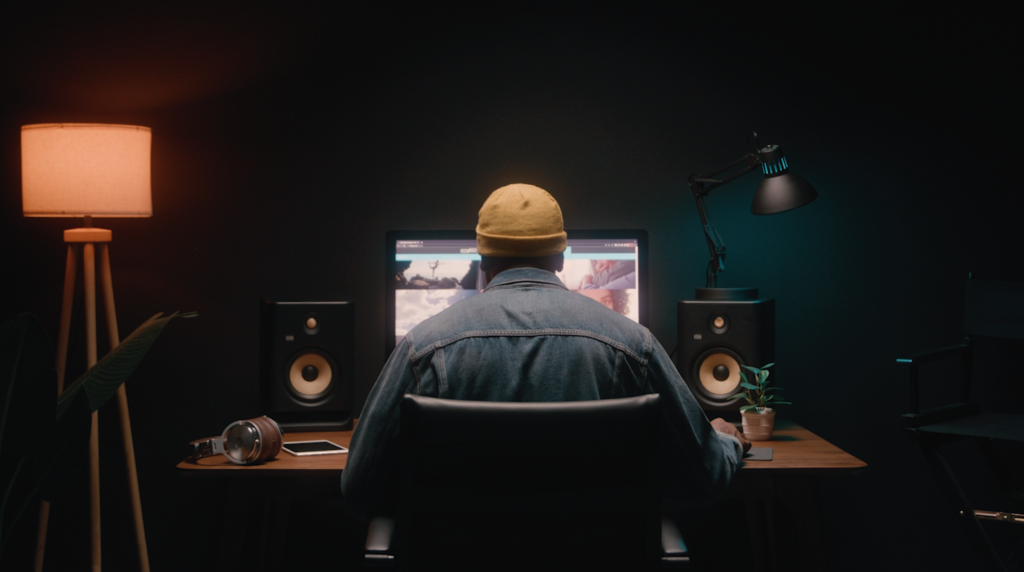
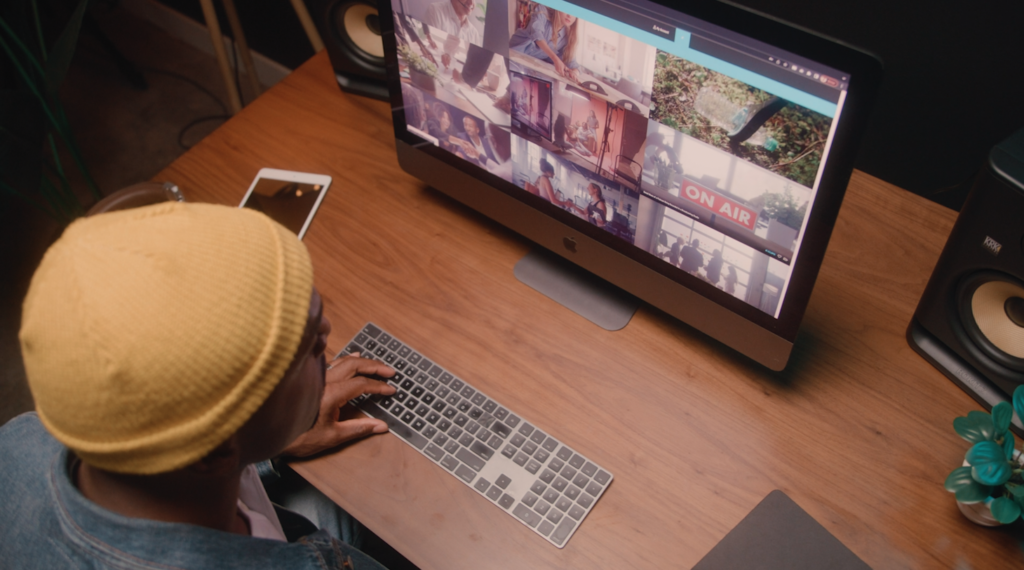
Sometimes, it can be tough to find a piece of stock music that is both high-quality and perfect for your edit, but the more stock music you use, the better you’ll get at quickly finding the right hand-picked track, especially when using filters and playlists such as the ones on Filmpac.
For lots of editors, finding that perfect track can even lead to inspiration and ideas that you wouldn’t have otherwise thought of, and it can oftentimes be easier to edit to a piece of music on your timeline from the beginning, rather than adding custom music later.
In most music libraries, you can filter by genre, mood, BPM, energy level, and more to hone in on the perfect track.
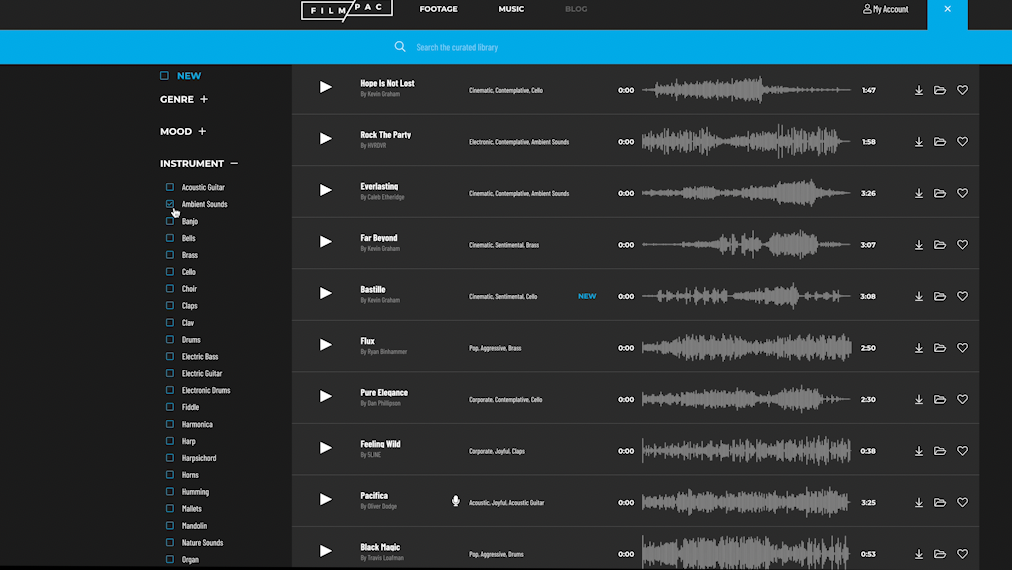
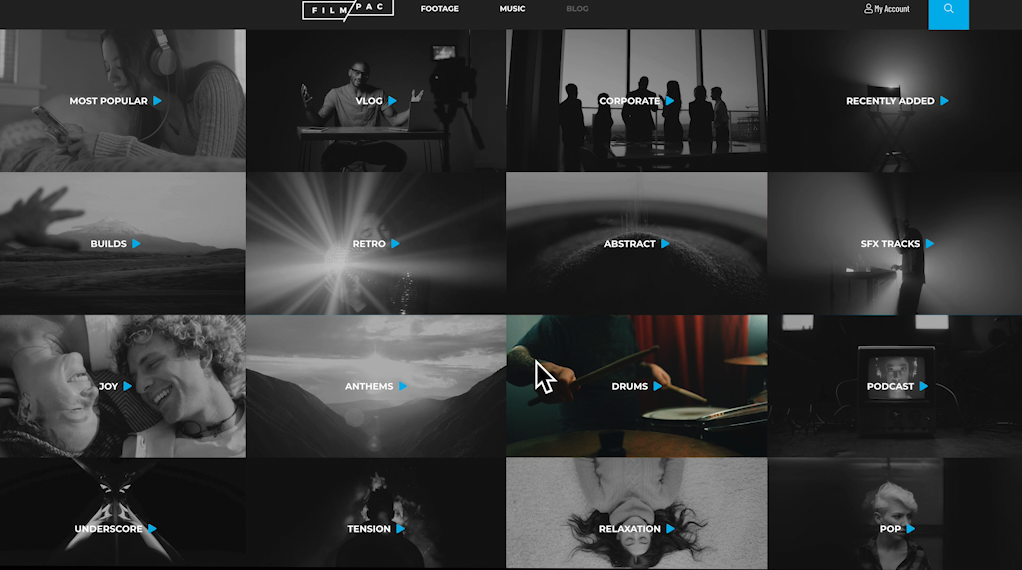
This is by far the most common method of obtaining music for videos. And with tons of music licensing platforms out there, like Filmpac, it’s never been easier to elevate your work with great stock music.
Kevin is the Creative Director at Filmpac.

I’ve had the unique dual experience of being both a filmmaker and composer. And I’ve used this knowledge to develop these tips.
Continue Reading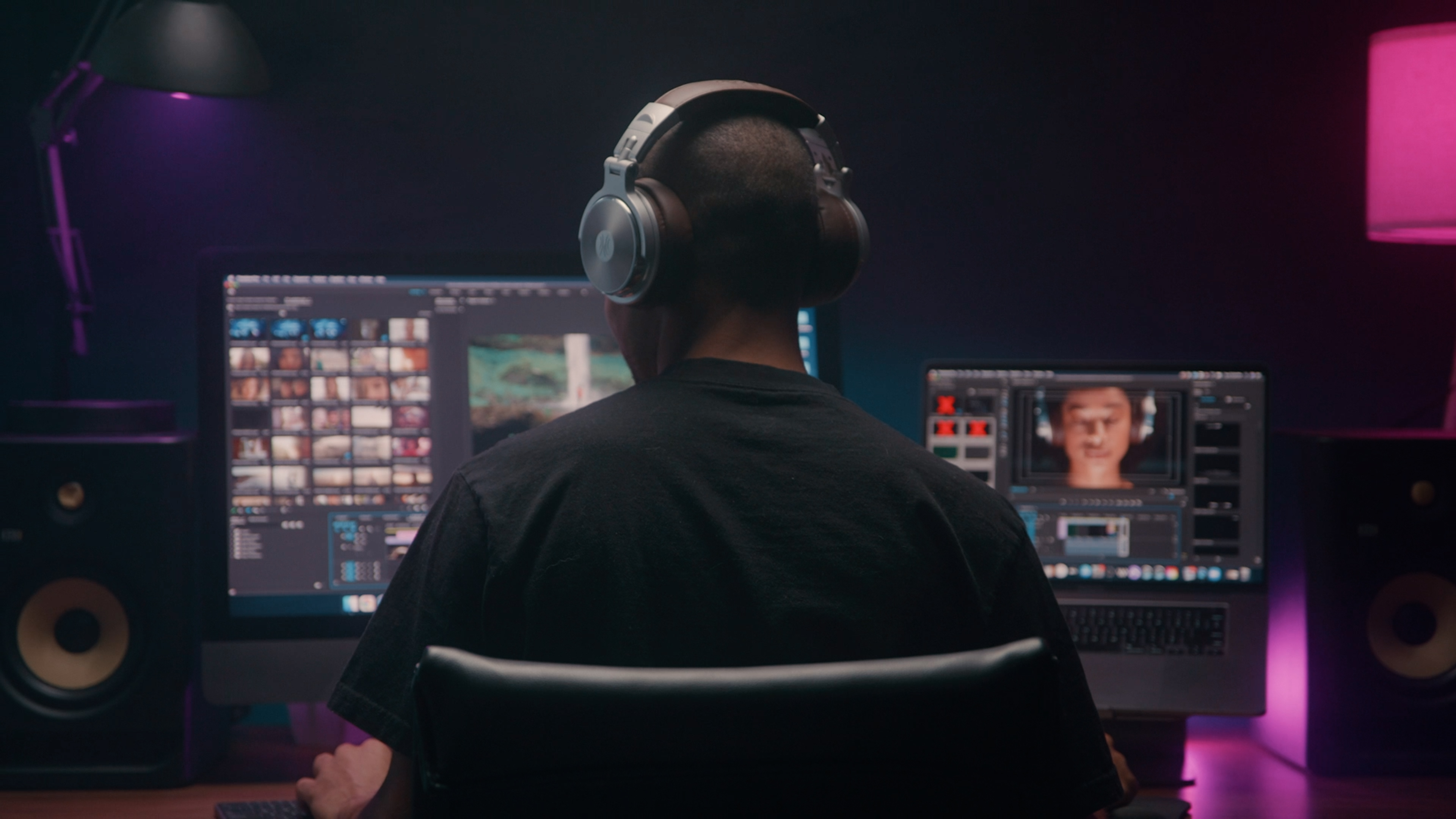
An audio limiter is a great tool to help you control your video’s loudness. We explain when and how to use one here.
Continue Reading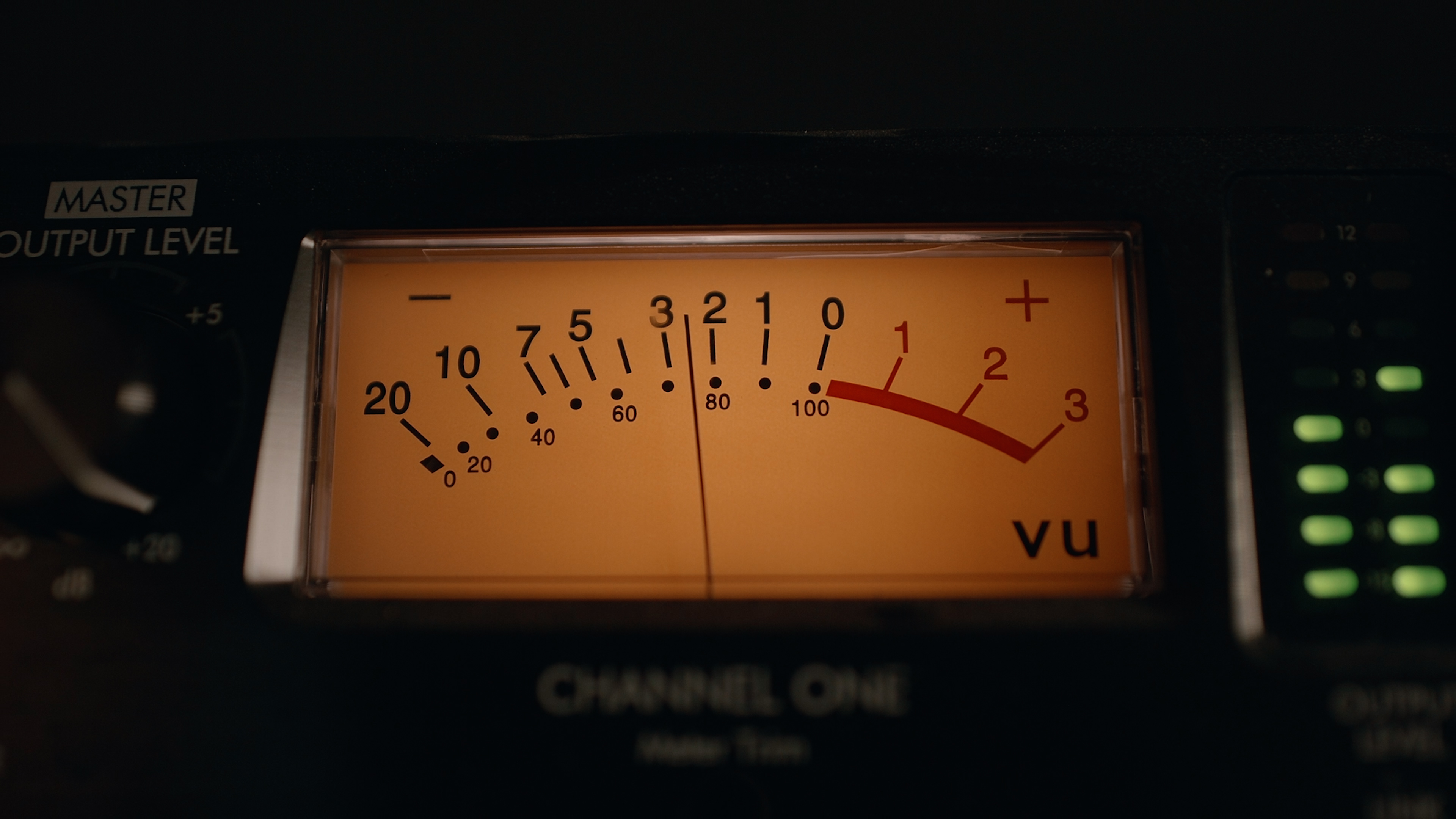
One of the most useful audio effects in video post production is compression. This article explains what it is and when to use it.
Continue Reading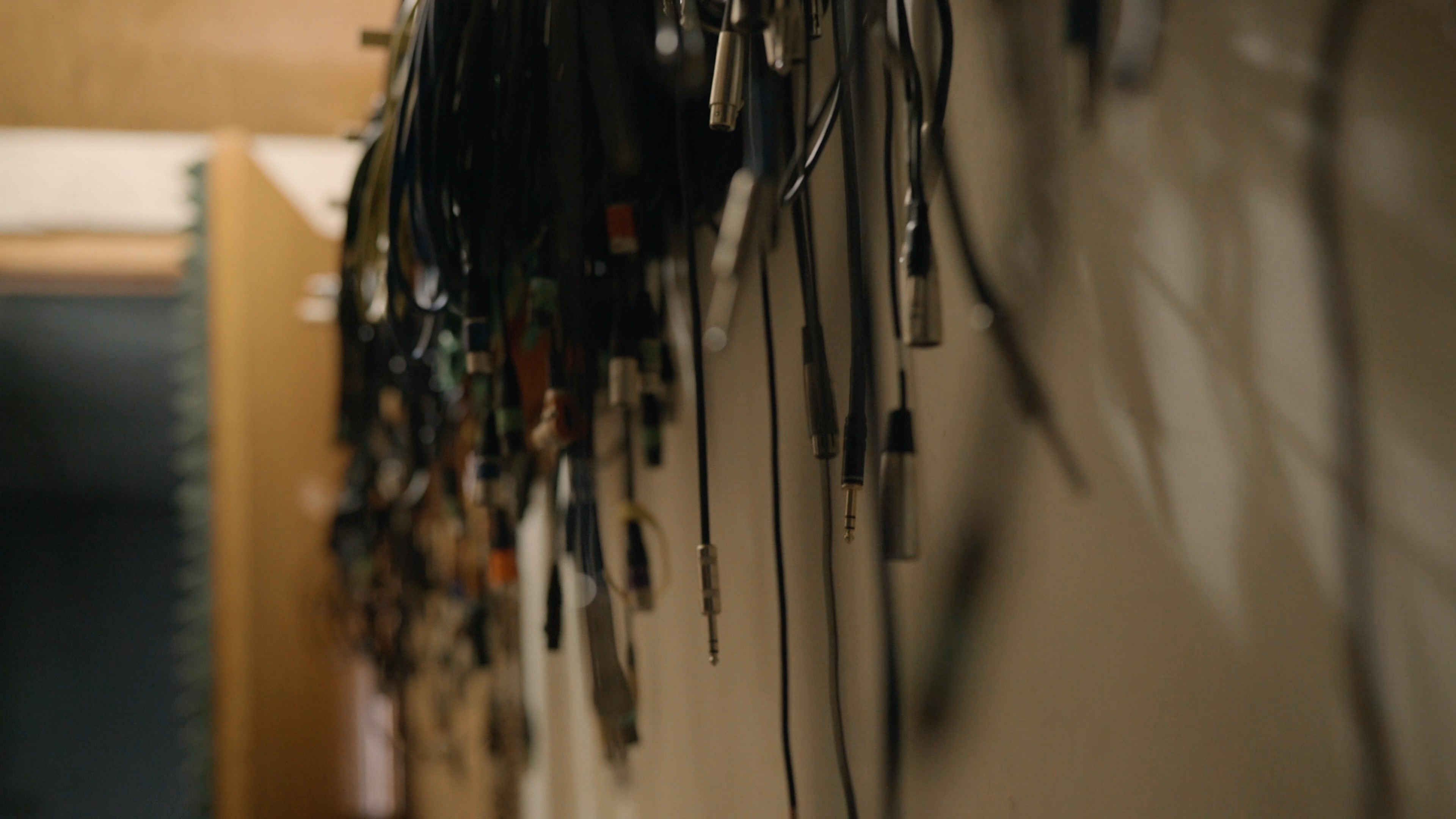
Most filmmakers have seen or used equipment on set that requires 48 volts of phantom power. But what does this term actually mean?
Continue Reading
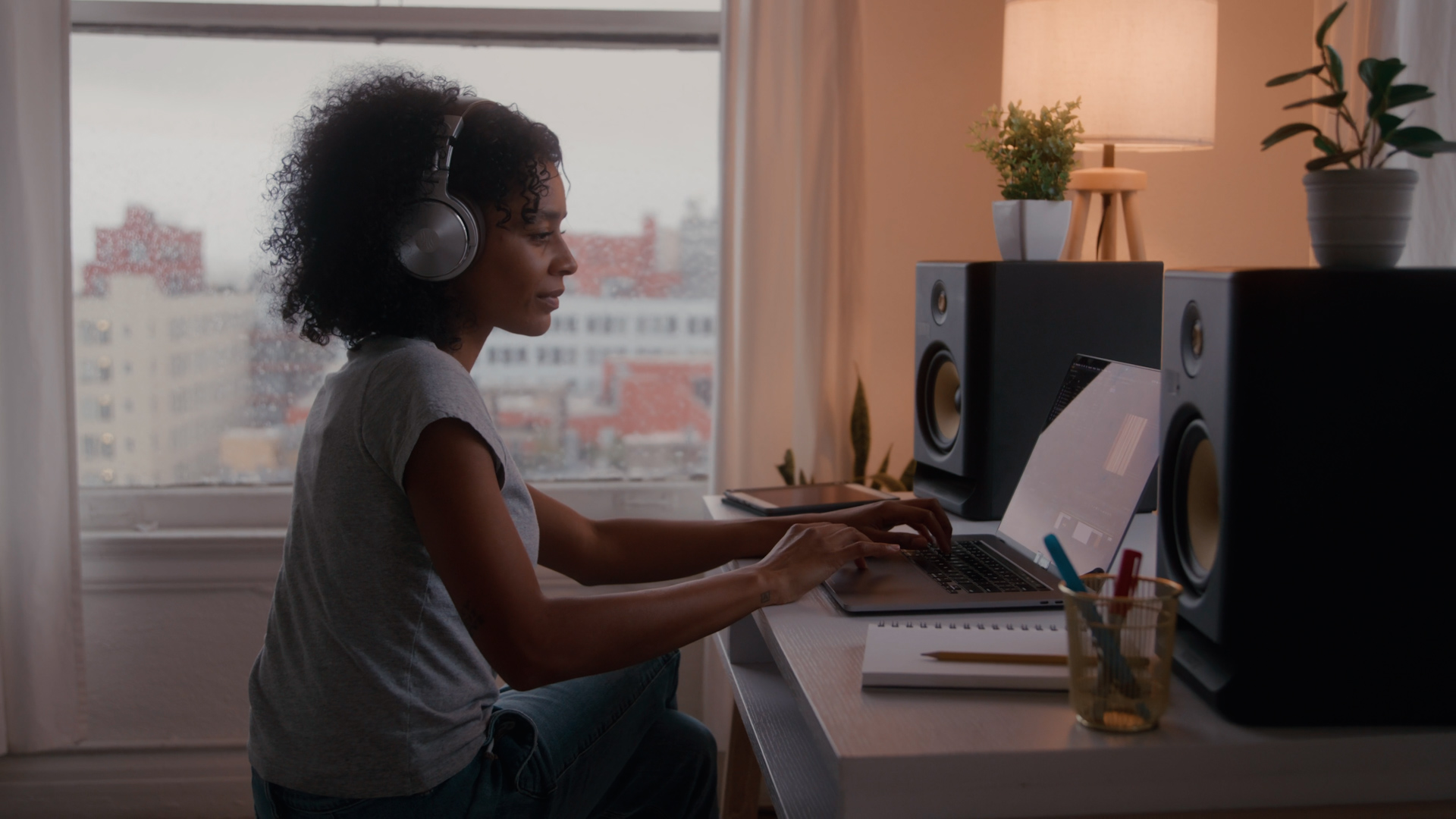
One of the most difficult parts of being a professional filmmaker is effectively managing and budgeting your time.
Continue Reading
Want to make money selling footage through a major stock footage platform like Filmpac? This page will walk you through the processs.
Continue Reading
Virtual reality could be the biggest shift in the way we consume our content since the proliferation of the smartphone.
Continue Reading